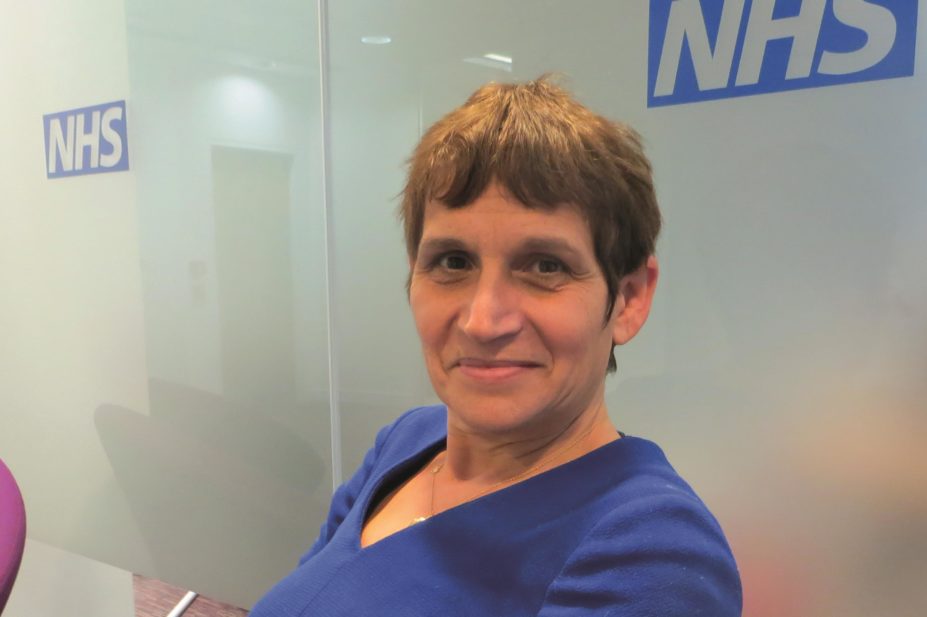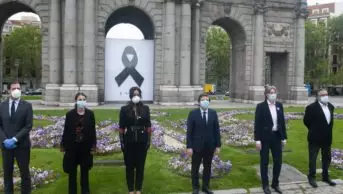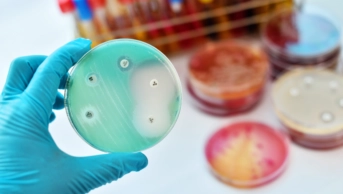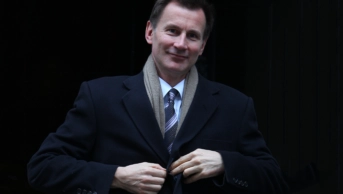
Elizabeth Sukkar
How can pharmacists raise its profile in the NHS and to the public?
They already have a profile with the public. There are more people going into pharmacies than going into GPs per day. But pharmacists need a review of how they can best use their skills. With the modern systems, such as original packs for dispensing, automatic dispensing, they’re no longer making up your creams and potions. The need for a pharmacist at the back of the counter is now increasingly redundant and they should be at the front of the counter, or even out of the shop. On a side note, the way pharmacists are paid is an anomaly; they’re paid in the same way as they were paid in 1947. They should have a registered list, like GPs; they should [be managing] long-term conditions and they should be paid in a similar way to GPs.
What do GPs see as the main role of pharmacists?
It is important for pharmacists to review their own contractual arrangements — it is not for GPs to dictate how they should work. Pharmacists should set the clinical standards, set their own commissioning specifications, and then decide what it is they should be delivering to patients and the public. I don’t think pharmacists are trained to manage risk and uncertainty, and therefore encouraging the public to attend in large numbers when they have got a sniffle “just in case” is only going to increase demand for GPs since many of these patients will be asked to attend their GP for a follow up. Pharmacy’s role is around supporting concordance with medicine and supporting long-term conditions. But I am not sure pharmacists, or doctors in fact, have the skill to stop medicines. If there is a patient on 15 medicines, pharmacists aren’t going to stop any of them because where would they start? Pharmacists have to be honest about where they can add value.
But many pharmacy bodies are saying pharmacists can help with minor ailments…
If the public start attending pharmacies in large numbers, pharmacists, like GPs, will have to learn to manage risk and uncertainty. Once patients visit pharmacists in anywhere near the numbers they attend their GP for clinical issues, then they will have the same problems that GPs have, in that they are seeing things too early on. It is the hardest job on earth to manage risk and uncertainty. All pharmacists will end up doing is referring them or asking them to come back another time. Pharmacists have to start doing integrated work with GPs or at the patients’ homes.
Where do you see the collaboration between GPs and pharmacists?
I would love a pharmacist to tell me: “There is no point with this patient being on seven different medicines because each one of them… .” I have never heard a pharmacist in the community say to me: ‘I suggest you stop this medicine. I suggest these two medicines work in the same [way].” It is not us [GPs] who puts them on this rubbish, it is the hospital doctors. So what we have is this problem of hospital doctors initiating a large number of medicines – of which much is of dubious value to the patient. We have to prescribe them and the pharmacist has to dispense it. Wouldn’t it be great if the pharmacist and GP were empowered to say “Let’s do a fundamental review of this patient’s medicines. Let’s look at how we can manage it jointly.” I have worked with pharmacists brilliantly in the past around substance misuse management — unbelievably helpful — and depression management.
How about pharmacists working in accident and emergency departments?
I am not sure what training pharmacists have to see patients in emergency departments. Maybe I am behind the times. But unless you are all trained as omni-competent GP-pharmacists — and even then — I’m not sure how pharmacists can do our job. It looks so easy on the outside to distinguish between three sore throats that come in but one might be cancer, one might be hysteria, and one might be tonsillitis.
In August 2014, GPs complained about pharmacists taking away their revenue for the influenza vaccine and the service was decommissioned because of the complaints. Do you agree with the concerns of the GPs?
It might be important for pharmacists to look at what they are doing in their own profession before stepping on GPs’ toes. There is enough work for all of us to do. I just don’t see why pharmacists pick on the bits that we GPs do well and why don’t you find the bits that you do well.
And what bits do you think pharmacists do well?
Pharmacists do medicines reconciliation incredibly well. Why don’t they liaise with hospitals before patients are discharged? Why don’t they go into hospitals even before they’re discharged and put them directly on to the record? Why don’t they reconcile the hospital record with the GP record when a patient comes out? Also, I have seen the skills that pharmacists have in patient engagement. They have phenomenal skills and they are untapped. The pharmacy-patient relationship is fantastic so pharmacists can do something around long-term disease management in patients’ homes. Pharmacists should be doing more home visits, more case management because that is what they are good at.
GPs make up a majority of members of the clinical commissioning groups. Do you see any conflicts of interest when commissioning services and are they skewed towards GPs?
Of course they are, but there is enough safety [in the system]. GPs do 90% of the healthcare so why not. I very much prefer that it is skewed towards GPs rather than to cardiothoracic surgeons, for example, who might not have a helicopter view of public healthcare. GPs have their fingers on the nation’s pulse. With about 400 million patient contacts per year, and each one bringing on average three problems, that’s a billion problems. The rhetoric of the primary care-led NHS is the right rhetoric and pharmacists have a vital place on that. I wish that pharmacists and public health were also part of that. So GPs, pharmacists and public health would make the perfect triad. The more I am around pharmacists, the more skilled I find them to be, and the more I wish they could have the time to come out of the dispensary. They help so much and the pharmacists in my life have saved me umpteen times.
Interview by Elizabeth Sukkar


